Fine motor skills (drawing lines) Worksheets for Ages 4-5
7 filtered results
-
From - To
Enhance your child’s fine motor skills with our engaging Fine Motor Skills (Drawing Lines) Worksheets for ages 4-5 from Kids Academy. These worksheets offer a variety of fun activities designed to help young learners develop precision and control needed for writing. Kids will trace different lines, shapes, and patterns, fostering their hand-eye coordination and muscle strength. Perfect for preschoolers, these printable worksheets provide a strong foundation for writing readiness, and make learning an enjoyable experience. Download your worksheets today and support your child’s fine motor skill development with Kids Academy!
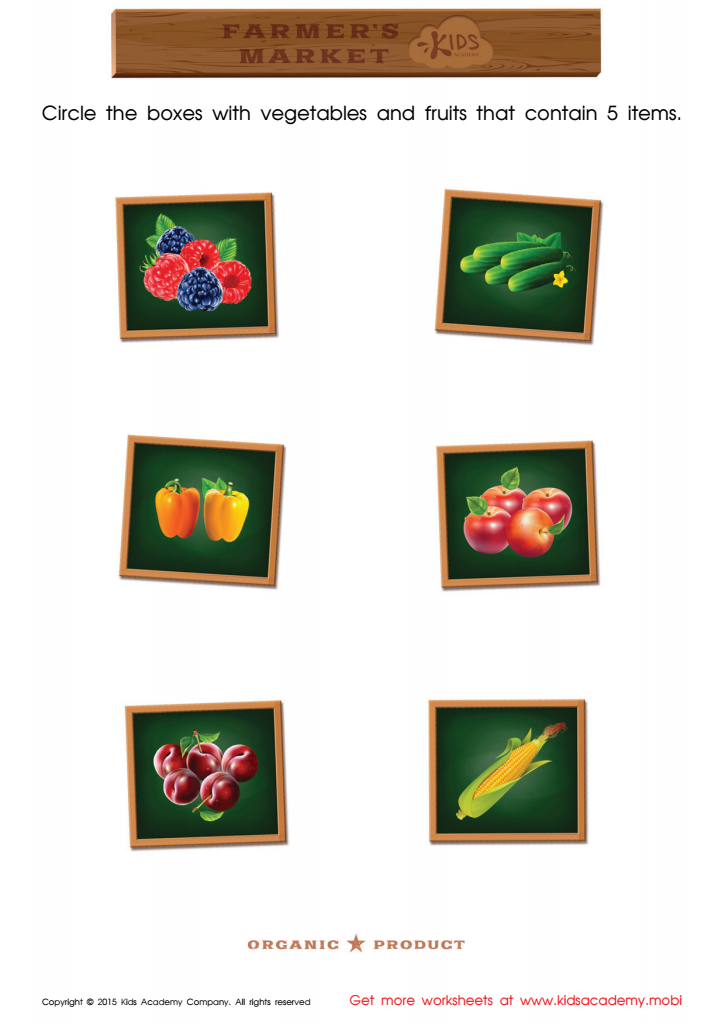

Count and Match Vegetables 1 – 7 Math Worksheet
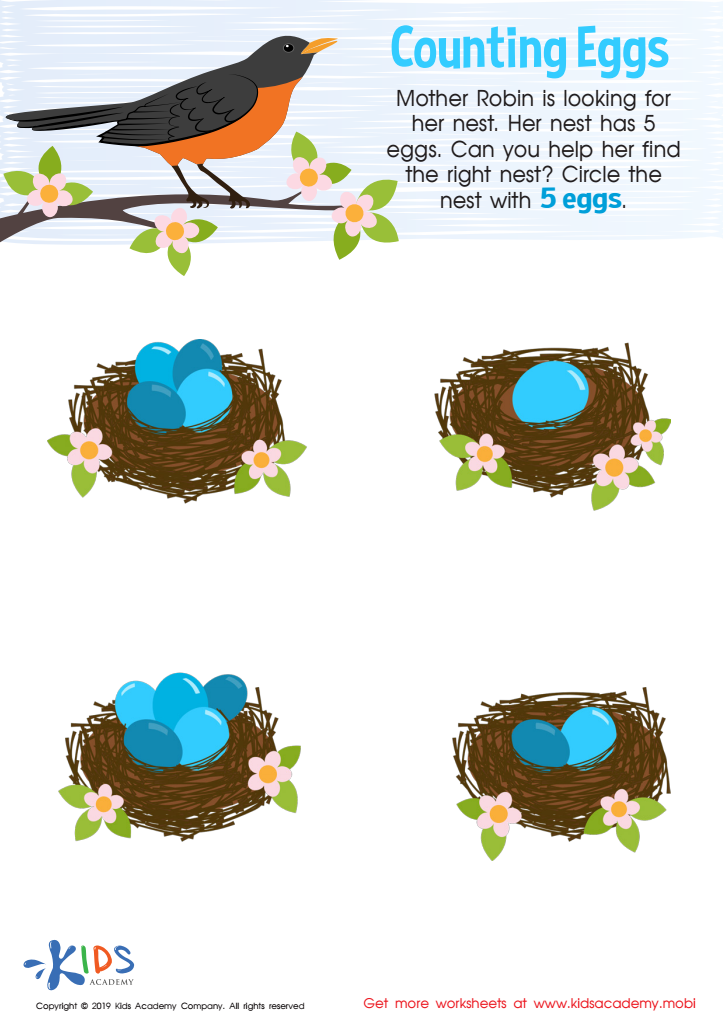

Counting Eggs Worksheet
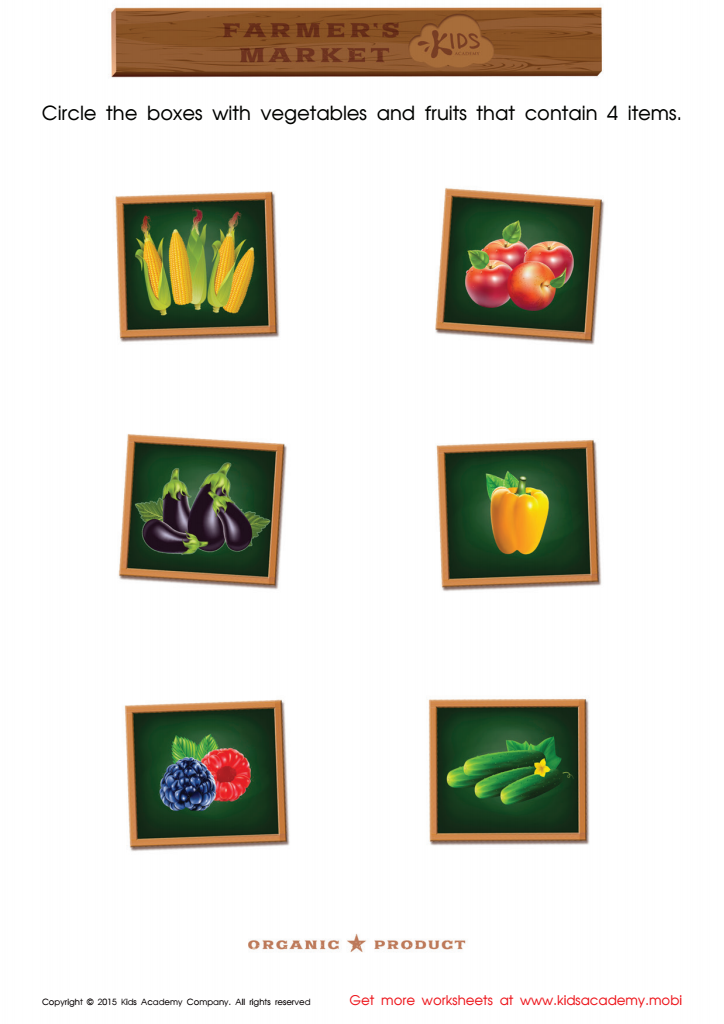

Count and Match Vegetables 2 – 8 Math Worksheet
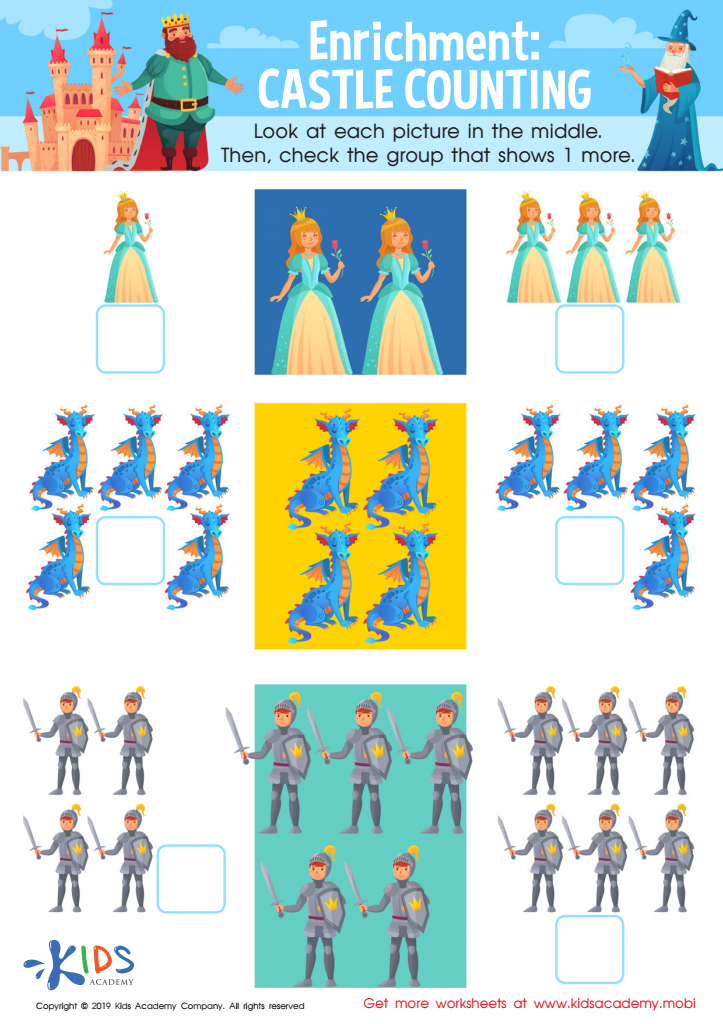

Enrichment: Castle Counting Worksheet
Parents and teachers should prioritize the development of fine motor skills, such as drawing lines, in children ages 4-5 because these skills are foundational for many essential tasks and cognitive development. Fine motor skills involve the coordination of small muscles in the hands and fingers, which are necessary for writing, buttoning clothes, eating, and manipulating objects.
At this age, drawing lines is not just a simple activity; it's a critical exercise in hand-eye coordination, dexterity, and precision. As children practice drawing, they increase muscle control and strength, laying the groundwork for writing letters and numbers. This early practice is crucial for literacy development, as the ability to write is directly linked to reading skills.
Additionally, developing fine motor skills boosts a child's confidence and independence. As children accomplish tasks requiring fine motor control, they feel more competent and inclined to try new activities. Aligning fine motor development with play-based and creative activities makes learning more enjoyable and engaging, fostering a positive attitude towards education.
By emphasizing fine motor skills, parents and teachers can ensure children are better prepared for the more complex motor tasks that come with school and daily life. Ultimately, these skills form an integral part of a child's overall growth and learning journey.
 Assign to My Students
Assign to My Students
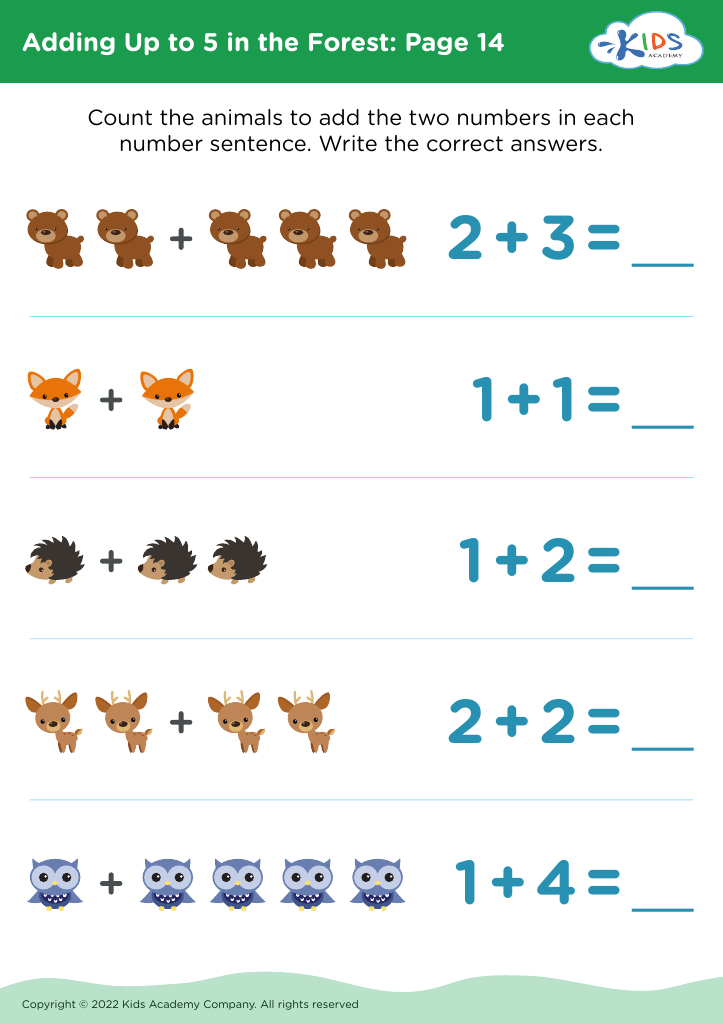
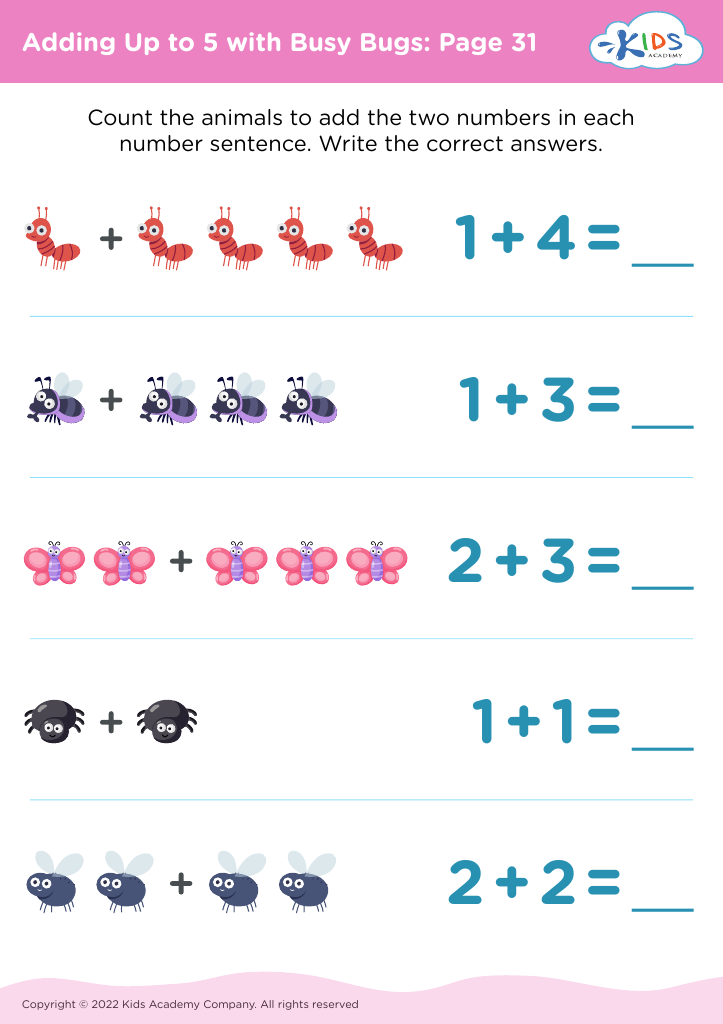
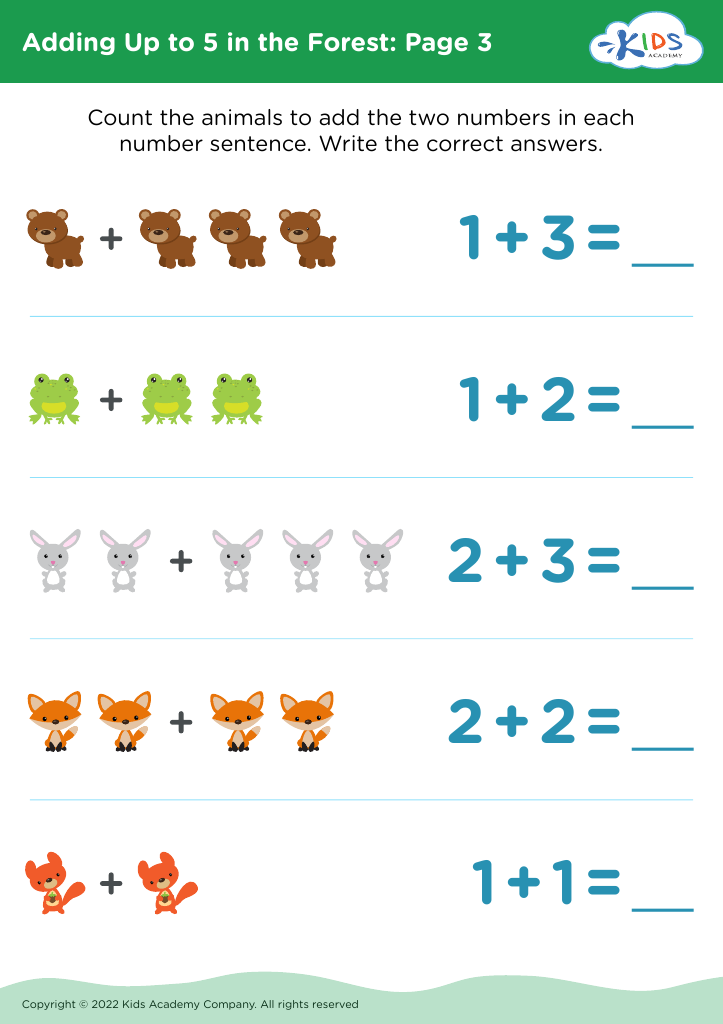







.jpg)













